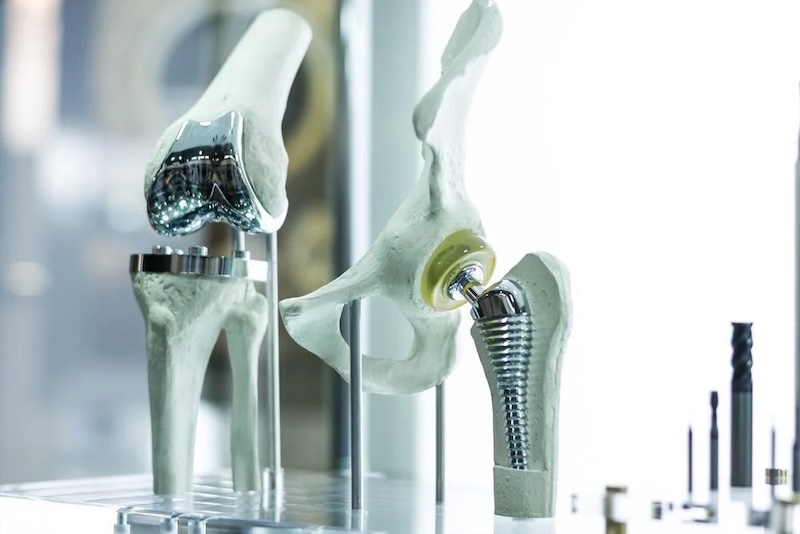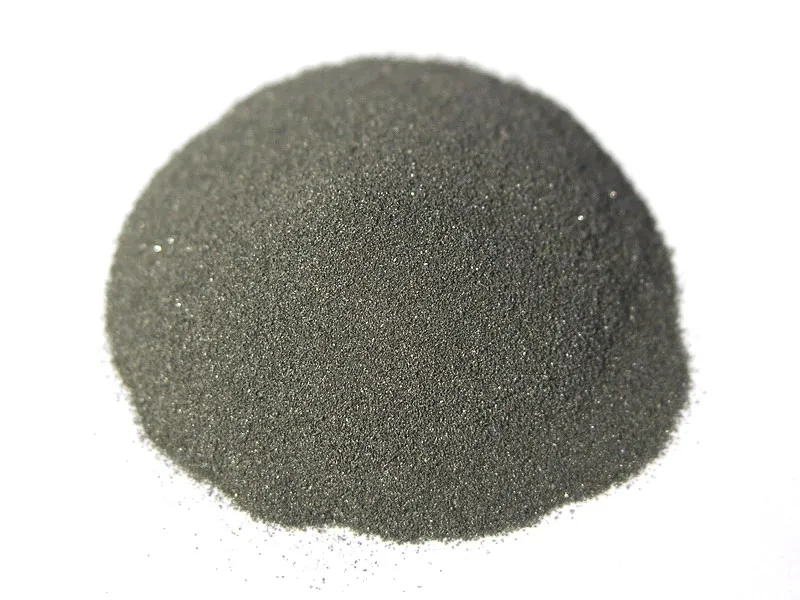Introduction: Titanium powder’s corrosion resistance explained.
Titanium powder is widely used in medical applications, especially in scaffolds for regenerative medicine. One of its most remarkable features is its corrosion resistance. But how exactly does this benefit scaffolds? In this article, we’ll explore how titanium powder’s corrosion resistance plays a vital role in the effectiveness and longevity of scaffolds used in tissue engineering and regenerative medicine.
Titanium powder’s resistance to corrosion ensures that scaffolds maintain their integrity and function over time, promoting better outcomes for patients. Let’s dive into the key benefits that this property provides for scaffold materials.

How Does Corrosion Resistance Ensure Scaffold Longevity in the Body?
Corrosion resistance is crucial for scaffolds, especially when used in the body.
- Long-Term Implant Durability: Scaffolds made from titanium powder are less likely to degrade over time, ensuring their longevity within the body. The high corrosion resistance prevents the material from reacting with bodily fluids, which could otherwise cause degradation and loss of function. For more on titanium’s durability, see Titanium in Biomedical Applications.
- Stable Function: When scaffolds are used for bone regeneration or tissue repair, their stability is paramount. Corrosion resistance ensures that the scaffold remains intact throughout the healing process, providing a reliable structure for new tissue to grow and integrate.
The corrosion resistance of titanium powder ensures scaffolds remain stable and effective within the body, promoting long-term success in regenerative treatments.
How Does Corrosion Resistance Prevent Adverse Reactions in the Body?
The body’s immune response to implanted materials can cause problems if the materials corrode.
- Biocompatibility: Titanium’s corrosion resistance contributes significantly to its biocompatibility, as it prevents the release of harmful ions or particles into the body. This minimizes the risk of inflammation or rejection by the immune system, which can occur when materials degrade. Learn more about titanium’s biocompatibility at Biocompatibility of Titanium.
- Prevention of Toxicity: If scaffolds made from other materials corrode, they could potentially leach toxic substances into the surrounding tissue, leading to complications. Titanium powder’s corrosion resistance protects against such risks, making it a safer choice for medical applications. For insights into the safety of titanium implants, visit Titanium Alloys in Biomedical Applications.
Titanium powder’s corrosion resistance ensures that scaffolds remain biocompatible, reducing the risk of immune reactions and toxicity.
How Does Corrosion Resistance Contribute to the Scaffold’s Structural Integrity?
The structural integrity of scaffolds is essential for their role in tissue regeneration.
- Prevents Weakening: Without corrosion resistance, scaffolds could lose their strength and collapse over time, impairing the tissue regeneration process. Titanium powder’s resistance to corrosion prevents the breakdown of the material, ensuring that the scaffold maintains its strength and structural integrity throughout the healing process. For more on titanium’s structural integrity, see Titanium Scaffolds – Hopes and Limitations.
- Maintains Porosity: In many tissue engineering applications, scaffolds need to have a specific porosity to facilitate cell growth and nutrient exchange. Corrosion could compromise the material’s porous structure, disrupting this vital function. Titanium’s resistance to corrosion helps preserve the scaffold’s structure, enabling it to perform effectively. Learn more about maintaining porosity in scaffolds at Porous Titanium Scaffolds.
Titanium’s corrosion resistance helps maintain the strength and structure of scaffolds, ensuring they function as intended for tissue regeneration.
How Does Titanium Powder’s Corrosion Resistance Aid Scaffold Customization?
Titanium powder’s properties allow for highly customizable scaffold designs.
- Tailored Surface Properties: Titanium’s corrosion resistance enables manufacturers to create scaffolds with a variety of surface finishes that promote cell attachment and growth. These surface modifications, such as micro- or nano-texturing, can be optimized without worrying about corrosion, ensuring that scaffolds not only maintain their structural integrity but also enhance tissue integration. For insights into customized titanium scaffolds, explore Why Titanium Powder Is Ideal for Personalized Scaffolds.
- Durability in Harsh Conditions: Scaffolds may be exposed to a range of biological conditions, such as acidic or alkaline environments. Titanium powder’s corrosion resistance allows these scaffolds to remain functional in challenging environments, further enhancing their performance.
Titanium powder’s corrosion resistance enhances the design flexibility of scaffolds, ensuring better patient-specific customization and superior tissue integration.

How Does Corrosion Resistance in Titanium Powder Benefit the Manufacturing Process of Scaffolds?
The manufacturing process of titanium-based scaffolds is also impacted by the material’s corrosion resistance.
- Enhanced Durability During Fabrication: Titanium powder’s resistance to corrosion makes it easier to handle during the fabrication process. It ensures that scaffolds retain their integrity during post-manufacturing processes such as sterilization or surface treatment, which could degrade less resistant materials. For more on titanium’s durability during manufacturing, see Challenges in the Production of Titanium–based Scaffolds.
- Longer Shelf Life: Scaffolds made from titanium powder can be stored for longer periods without the risk of corrosion, making them more reliable for manufacturers and healthcare providers. This is particularly important in medical settings, where product shelf life is crucial.
The corrosion resistance of titanium powder simplifies the manufacturing and storage processes, ensuring the final scaffold product is durable and long-lasting.
Claim: Titanium Powder’s Corrosion Resistance Elevates Scaffold Performance
Titanium powder’s remarkable corrosion resistance is a key factor that enhances scaffold performance in regenerative medicine. By preventing degradation, preserving structural integrity, and ensuring biocompatibility, this property enables scaffolds to function effectively and safely in the body for extended periods.
Conclusion: Titanium Powder is a Game-Changer for Scaffold Longevity and Effectiveness
In conclusion, the corrosion resistance of titanium powder is essential for ensuring that scaffolds maintain their functionality, safety, and durability throughout the tissue regeneration process. This characteristic allows for longer-lasting implants, reduces the risk of adverse reactions, and ensures the structural integrity of scaffolds, making titanium powder an ideal material for medical applications. For more on titanium’s role in regenerative medicine, explore Titanium in Tissue Engineering.






